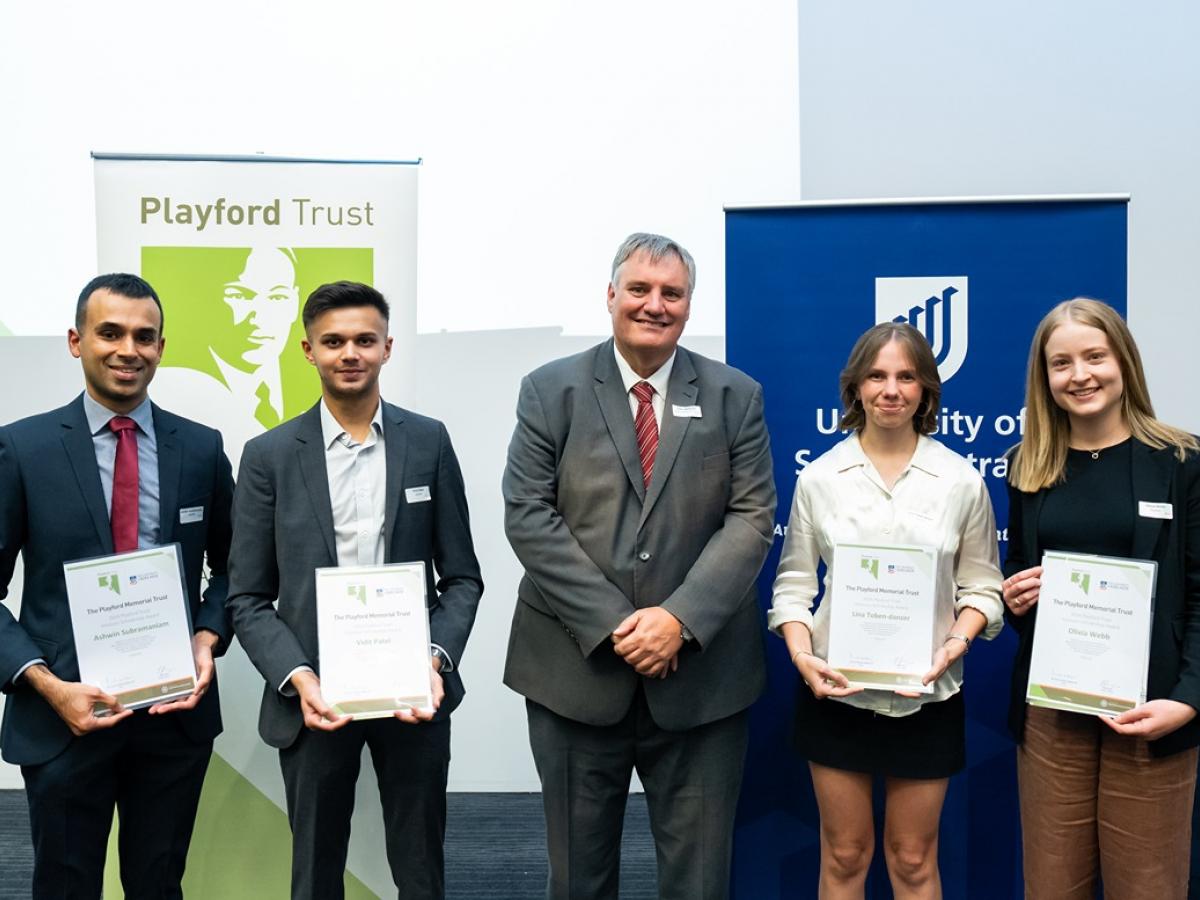Women in countries where there is higher educational participation can better recall and reconstruct significant memories in their lives – and outperform men in this area – new international research shows.
Researchers from Karolinska Institutet in Sweden and Monash University explored the sex differences in verbal episodic memory, drawing data from 612 studies, 587,000 participants and 45 countries across a 40-year period.
The aim of the study was to determine what constituted sex differences in episodic memory tasks across countries and how national indicators of gender equality, educational level, labour force participation and economic development contributed to this positive recollection of memory.
Episodic memory reflects an individual’s ability to recall past experiences and specific events at any given point in time. It is the subjective memory of autobiographical events, such as times, places and emotions, experienced within a context of that event.
“Findings show that gender equality, population education and employment, and GDP per capita – traits generally associated with developed countries – were reliable predictors of a female verbal episodic memory advantage,” study co-author and PhD candidate at the Turner Institute for Brain and Mental Health, Sanket Nagar, said.
“What this means is that as the population rate of education enrolment and labour force participation increases, women’s advantage in verbal episodic memory is further heightened.
“One of the reasons why women are more positively affected by societal improvements than men maybe because women may start from a more disadvantaged level and, therefore, have more to gain.”
Results showed that women in 42 of the 45 countries outperformed men in various verbal episodic memory tasks, which included a recollection of words, facts, conversations or nameable objects.
The study was led by Martin Asperholm from Karolinska Institutet, with contributions from Mr Nagar (Monash University) and Serhiy Dekhtyar and Agneta Herlitz (Karolinska). It was published in PLOS ONE on 22 April 2019.








